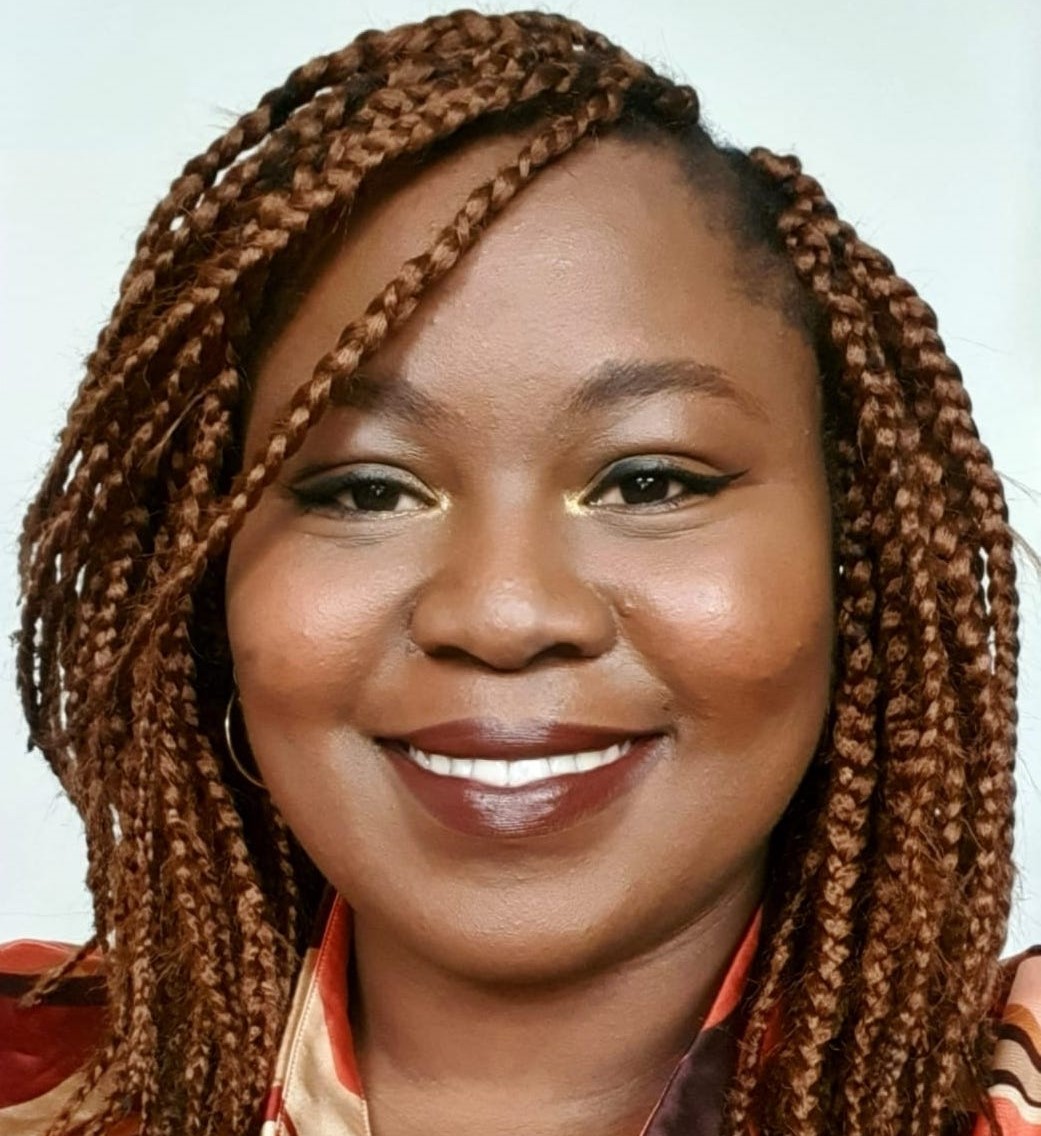Video | Thursday, 20th September 2018
Immersive theatre experience helps raise issue of youth loneliness with social workers
'Missing' is part of the Loneliness Connects Us project
Earlier this year, Manchester Metropolitan University research revealed insights into young people’s experiences of loneliness – the findings were used to create an immersive theatre piece entitled ‘Missing’.
As part of the Loneliness Connects Us project, young co-researchers aged 14 to 25 spoke to other young people from diverse backgrounds across Greater Manchester about the different experiences of loneliness.
The research, conducted with charity 42nd Street, found that factors including poverty and social media can increase loneliness in youngsters to make them feel awkward and anxious.
These findings were translated into Missing, an immersive theatre performance that explores the way loneliness emerges in the life of an ordinary and academically successful 17-year-old girl, ‘Jessica’, who is not without friends and a social life.
Rather than being an audience member, participants piece together the evidence about why Jessica has ‘gone missing’. The audience is presented with a range of clues and stimuli, from video footage of her friends to a personal diary and her playlists, and they must explore and interpret the fragments of ‘Jessica’s’ life for signs and experiences of loneliness.
A resource for adults and professionals
Missing was performed at youth projects across the UK, engaging staff and young people. The most recent audience was social workers from Frontline - a charity which aims to transform the lives of vulnerable children by recruiting and developing outstanding individuals to be leaders in social work and broader society.
Dr James Duggan, Research Fellow in the School of Childhood, Youth and Education Studies at Manchester Metropolitan University, said: “Missing was developed so groups of young people could engage with our research and explore feelings of loneliness in a safe and productive environment. Since then, we've realised that it's also a useful resource for adults and professionals to consider how they can support young people experiencing loneliness.”
Katie Ayres, a Practice Tutor at Frontline, said: “I really enjoyed being able to take part in Missing, which was a really unique and thought-provoking experience. It was interesting to take part with a group of colleagues, exploring an issue that impacts young people’s lives that social workers don’t necessary think about every day.
“Missing generated lots of discussion between the group of professionals and I can see how it could be really beneficial for young people. It would hopefully open up discussions on topics that they may normally feel uncomfortable talking about and help them to understand that loneliness is an issue that could impact anyone.”




